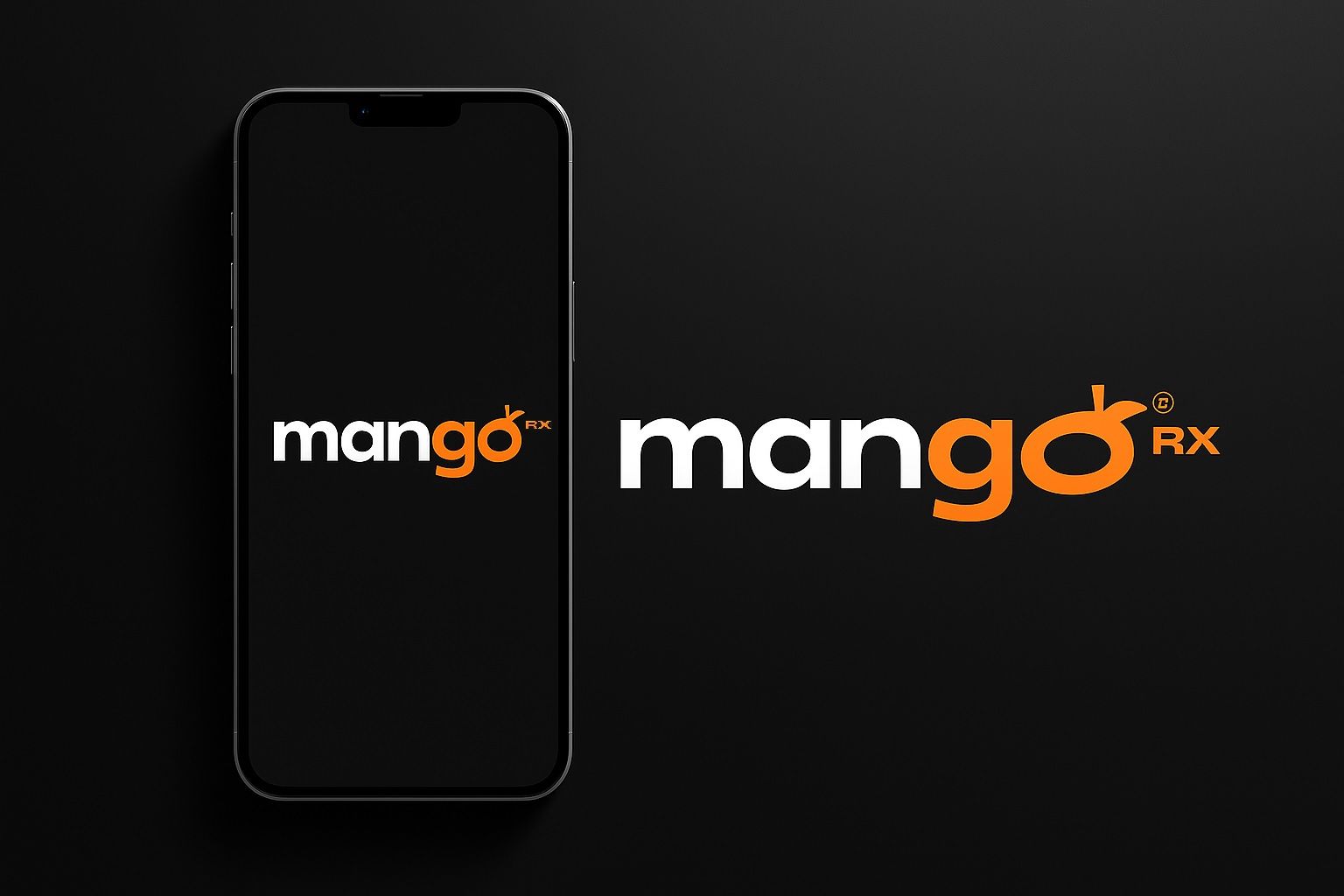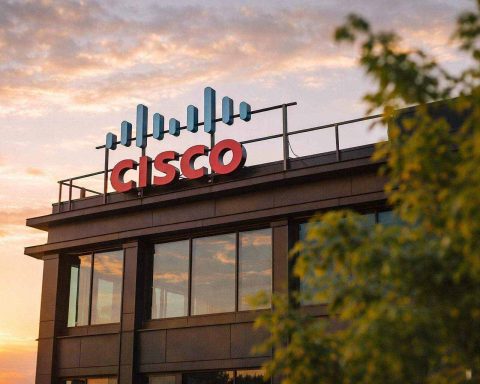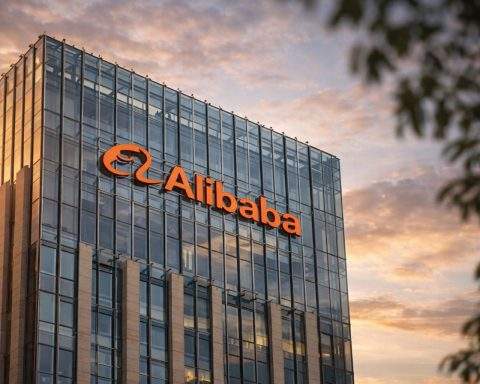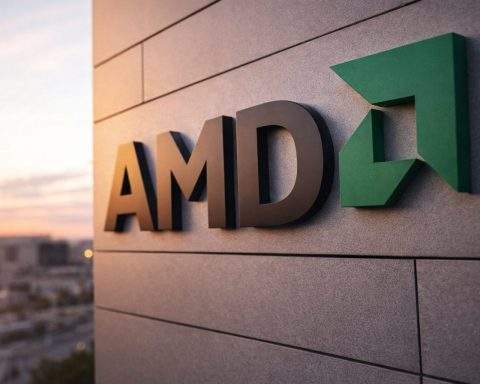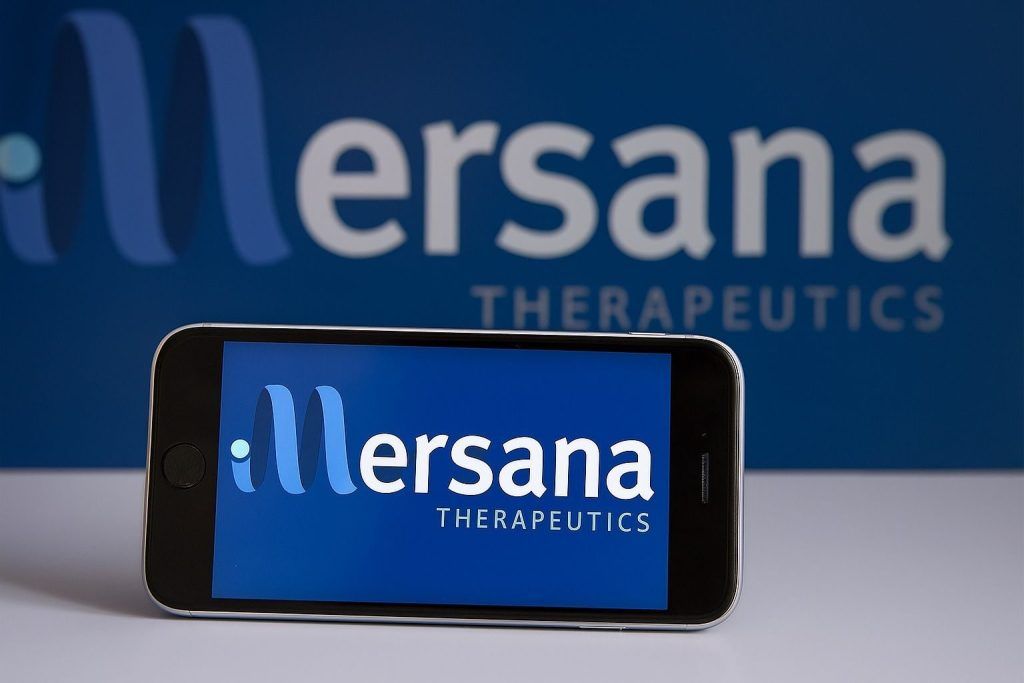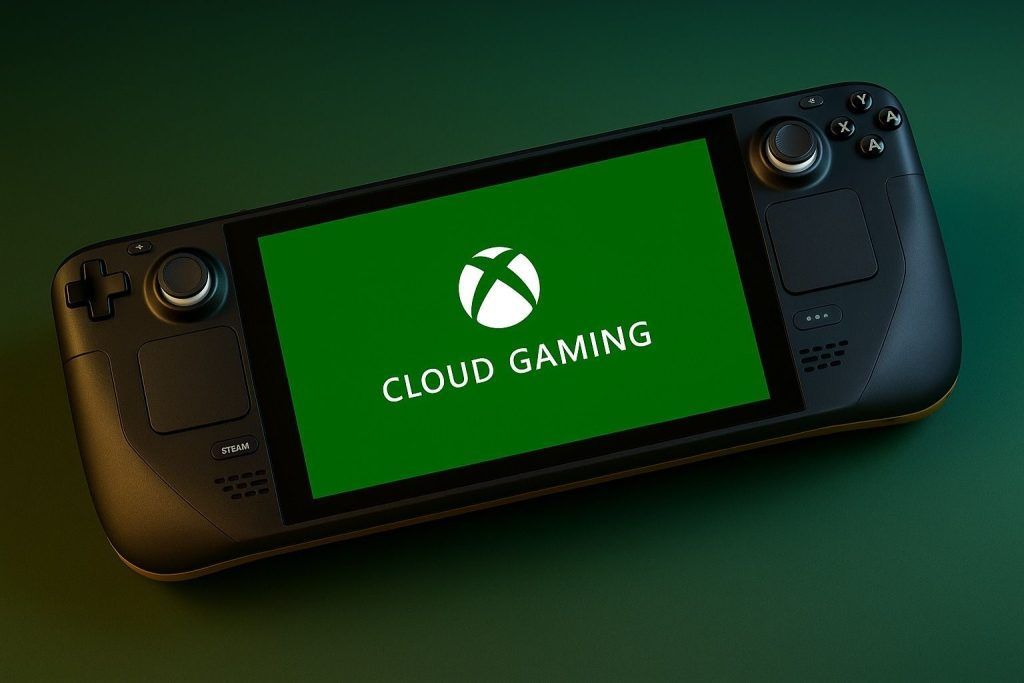Mangoceuticals, Inc. (NASDAQ: MGRX), the tiny telehealth company best known for its MangoRx men’s wellness brand, is suddenly at the center of the red‑hot obesity drugs market after unveiling a partnership with Eli Lilly and Novo Nordisk to offer official access to their blockbuster GLP‑1 weight‑loss medications Zepbound and Wegovy.1
- Mangoceuticals launches MangoRx Direct and PeachesRx Direct, new telehealth programs that connect patients to Eli Lilly’s Zepbound (tirzepatide) via LillyDirect and Novo Nordisk’s Wegovy (semaglutide) via NovoCare Pharmacy.1
- Membership costs $99 per month for telehealth access and coaching; GLP‑1 drugs are purchased separately at fixed cash‑pay prices starting around $499 per month, with no insurance required.1
- MGRX shares spiked more than 25–30% in pre‑market trading after the announcement, before giving back much of the move later in the session.2
- The deal follows a previous legal clash with Eli Lilly over Mango’s compounded tirzepatide product; that lawsuit was settled in June, with Mango agreeing to halt TRIM sales.2
- Despite today’s excitement, Mangoceuticals remains a high‑risk microcap with a six‑month net loss of about $10.3 million and a “substantial doubt” going‑concern warning in its latest 10‑Q.3
What Mangoceuticals announced today
In a press release and accompanying SEC Form 8‑K filed Thursday, Mangoceuticals said it has launched two integrated programs — MangoRx Direct and PeachesRx Direct — built around official access to GLP‑1 obesity drugs from Eli Lilly and Novo Nordisk.1
Under the new model:
- MangoRx and PeachesRx customers complete virtual consultations with board‑certified providers through Mango’s telehealth platform.
- Approved patients receive personalized obesity and weight‑management treatment plans plus ongoing clinical monitoring and lifestyle support.1
- Prescriptions for Zepbound are fulfilled via LillyDirect Self Pay Pharmacy Solutions, while Wegovy is dispensed through Novo Nordisk’s NovoCare Pharmacy or the patient’s local pharmacy of choice.1
Mango is positioning the programs squarely at the self‑pay market. The company charges $99 per month for its “medication management membership,” which includes unlimited telehealth visits, progress tracking and lifestyle coaching. The GLP‑1 drugs themselves are paid separately at fixed cash‑pay prices starting around $499 per month with free home delivery through Lilly and Novo’s own channels.1
“No insurance is required,” Mango emphasised, arguing that the structure could appeal to uninsured, under‑insured and high‑deductible patients who have struggled to access GLP‑1s through traditional coverage.1
Market reaction: MGRX rockets, then cools off
News of the Lilly/Novo partnership triggered an immediate reaction in Mangoceuticals’ thinly traded shares.
- Reuters reported that MGRX surged about 28–32% in pre‑market trading, briefly changing hands around the mid‑$2 range.2
- A separate pre‑market snapshot from TipRanks cited a roughly 24% jump to about $2.19 per share.4
- Retail‑trader feeds on platforms like Stocktwits similarly flagged double‑digit percentage gains before the opening bell.5
By early afternoon, a chunk of those gains had evaporated. According to real‑time quote data, Mangoceuticals was trading near $1.76 on the Nasdaq, only modestly above the prior close and implying a market capitalization of roughly $20 million.6
How MangoRx Direct and PeachesRx Direct work
From a consumer standpoint, Mango’s new GLP‑1 offering is designed to be a one‑stop telehealth funnel into Lilly and Novo Nordisk’s official direct‑to‑consumer programs:
- Online intake and screening
Patients start on MangoRx.com or PeachesRx.com, complete medical questionnaires and book a telehealth visit.7 - Telehealth consult & plan
Board‑certified providers evaluate suitability for GLP‑1 therapy, discuss options and craft a treatment plan that may include Zepbound or Wegovy, alongside diet, exercise and behavioral recommendations.1 - Membership & monitoring
For $99 per month, patients get ongoing telehealth follow‑ups, progress tracking tools and lifestyle coaching through Mango’s platform.8 - Drug fulfillment through Lilly/Novo channels
If prescribed, GLP‑1 medications are not sold directly by Mangoceuticals. Instead, patients are routed to LillyDirect or NovoCare Pharmacy, where they pay fixed cash prices starting as low as $499 per month, or they can opt to pick up at a neighborhood pharmacy.1
In practical terms, Mango is monetising the front end of the patient journey (intake, telehealth, coaching), while Eli Lilly and Novo Nordisk control drug pricing and distribution.
Why the Eli Lilly and Novo Nordisk partnership matters
The partnership is notable for two big reasons: legitimacy and access.
1. From courtroom opponent to commercial partner
Mangoceuticals previously found itself on the wrong side of Eli Lilly.
Lilly sued Mango in October 2024 over its TRIM tirzepatide product, accusing the telehealth company of deceptive advertising and implying its compounded tablets were equivalent to branded drugs like Mounjaro/Zepbound and FDA‑approved, which they were not.9
According to Mango’s June‑quarter 10‑Q, the two companies settled in June 2025. Mango agreed to pay Lilly $20,000 and to stop marketing and selling tirzepatide‑based TRIM products on its MangoRx.com site.9
Fast‑forward a few months, and Lilly is now directly partnering with Mango to route patients to official Zepbound via LillyDirect. Reuters notes that the arrangement “allows the telehealth company to keep selling Zepbound and Wegovy” — this time through branded channels instead of compounded copycats.2
For a company that had been fighting for credibility, being brought into the tent by both Lilly and Novo is a meaningful reputational win.
2. Riding the GLP‑1 wave — the right way
Mango isn’t alone in chasing GLP‑1 demand, but doing it with branded drugs and manufacturer programs matters:
- GLP‑1 shortages previously opened the door for a wave of compounding pharmacies and telehealth startups selling copycat formulations.2
- As supply improved, the FDA removed Zepbound and Wegovy from the formal “shortage” list, limiting the justification for compounding equivalents.2
- Novo Nordisk even terminated a partnership with Hims & Hers Health earlier this year, citing concerns about compounding and promotional practices — a signal that big pharma is choosy about its telehealth partners.2
By plugging into LillyDirect and NovoCare, Mangoceuticals is aligning itself with the direction regulators and manufacturers clearly prefer: standardised dosing, branded products, and pricing controlled by the drugmakers, not by clinics or compounders.
Political backdrop: White House pressure on obesity drug prices
Today’s launch didn’t happen in a vacuum. Mango explicitly tied the announcement to a recent White House deal with Eli Lilly and Novo Nordisk to bring down GLP‑1 prices for government programs.1
According to the company’s press release and secondary coverage:
- Certain GLP‑1s will see government pricing around $245 per month, with $50 copays for Medicare patients with obesity beginning mid‑2026.1
- A new TrumpRx.gov portal is expected to launch oral GLP‑1 starter options for as low as $149 per month, subject to FDA approvals.1
- Policymakers aim to drive the average cost of Wegovy and Zepbound to $350 or less per month over time, versus typical list prices that have hovered closer to $1,000.1
Mango’s cash‑only membership model sits alongside, not inside, these government pricing initiatives. Still, the heightened national focus on obesity — which affects roughly 42% of U.S. adults and costs the healthcare system more than $210 billion annually — provides a powerful tailwind for companies able to connect patients to safe, legitimate therapies.8
Analysts quoted in recent coverage estimate the obesity treatment market could reach around $70 billion, underscoring why a microcap like Mango is eager to get a toehold.4
Mangoceuticals’ core business: more than just weight loss
Despite today’s GLP‑1 headlines, Mangoceuticals is fundamentally a telemedicine platform focused on men’s health and wellness, operating under the MangoRx brand and women’s wellness brand PeachesRx.7
The company’s offerings include:
- Erectile dysfunction (ED) treatments
- Hair growth therapies
- Hormone replacement therapies
- Weight‑management products and services
Patients use a web‑based platform for remote consultations; approved prescriptions are filled through partner pharmacies and shipped discreetly to their homes.7
In other words, GLP‑1s are being added as a new pillar on top of an existing digital‑health infrastructure, not built from scratch.
Financial reality check: still a high‑risk microcap
While today’s news is strategically important, Mangocueticals’ latest SEC filings paint a picture of a company still under severe financial strain.
From its Form 10‑Q for the quarter ended June 30, 2025:3
- Six‑month revenue: about $277,000, down from roughly $377,000 in the same period of 2024.
- Net loss (Q2 2025 quarter alone): approximately $5.4 million, up from about $2.4 million a year earlier.
- Net loss for the first six months of 2025: roughly $10.3 million, with an accumulated deficit of $31.6 million.3
The company explicitly warns that these factors “raise substantial doubt” about its ability to continue as a going concern over the next 12 months unless it can raise additional capital, likely via more equity or debt financing that could significantly dilute existing shareholders.9
Meanwhile, Mango continues to sign a steady stream of financing and restructuring deals — including equity offerings, warrant exercises, debt‑equity swaps and other capital‑raising measures throughout 2025 — and recently disclosed a new, relatively small office lease and the departure of its Chief Operating Officer, Amanda Hammer, who received nine months of compensation under a separation agreement.10
None of this disappears simply because a major partnership has arrived.
What this means for MGRX investors
For traders and longer‑term investors watching Mangoceuticals today, a few themes stand out:
- Partnerships reduce legal and supply risk
By working with Lilly and Novo through LillyDirect and NovoCare, Mango effectively outsources drug supply, pricing and regulatory risk for GLP‑1s to the original manufacturers, instead of relying on potentially controversial compounding arrangements. - Revenue impact is still uncertain
Mango captures value via membership fees and any related telehealth services. Because drug sales flow through third‑party programs, the ultimate unit economics per patient will depend on how many people sign up, how long they stay on therapy and what it costs Mango to acquire them. - Execution and competition remain huge questions
Mango is far from the only telehealth firm offering GLP‑1 access. It will be competing with better‑capitalized players and brick‑and‑mortar obesity clinics, many of which also partner with Lilly and Novo.2 - Balance‑sheet risk hasn’t gone away
The going‑concern warning, ongoing legal and arbitration matters, and reliance on repeated capital raises are all red flags that investors cannot ignore.9
Outlook: A big validation, but not a guaranteed turnaround
Today’s news is arguably Mangoceuticals’ most significant strategic milestone to date: after settling a lawsuit with Eli Lilly, the company has turned an adversarial relationship into a commercial partnership, bringing both Lilly and Novo Nordisk directly onto its platform at a moment when GLP‑1 demand is reshaping the entire healthcare landscape.1
But it’s also just a starting line. Mango must now prove it can:
- Attract and retain enough patients to matter,
- Navigate evolving regulation and political scrutiny around obesity drugs, and
- Stabilise its finances in a way that doesn’t simply wipe out prospective upside through endless dilution.
For now, MGRX remains a speculative, high‑volatility play tethered to one of the hottest stories in healthcare — with both substantial opportunity and equally substantial risk attached.
This article is for informational purposes only and does not constitute investment advice. Always do your own research and consider consulting a qualified financial adviser before making investment decisions.
